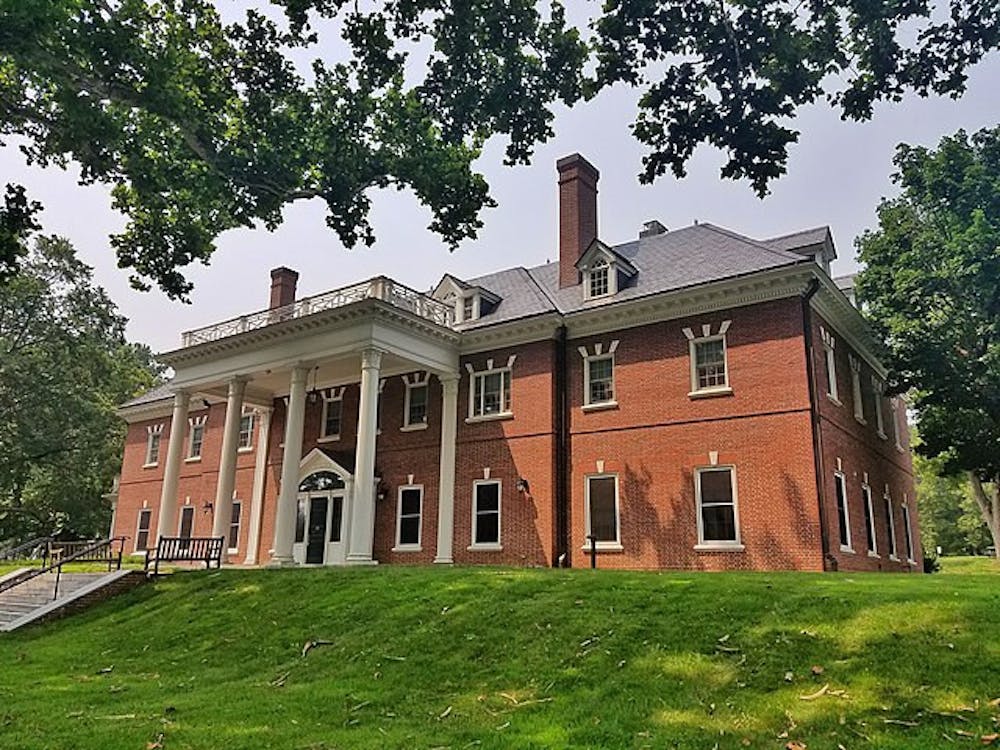On the morning of Oct. 20, Zoë Fuad ’23.5 woke up to a text reading: “Holy sh*t, it can be done.” Attached was a link to an announcement from Amherst College that the institution would officially end legacy preference in its admissions process. Amherst also vowed to expand its financial aid commitment to $71 million per year.
“Paired with a new, expanded financial aid program focused on improving financial and programmatic support for both lower- and middle-income families, Amherst is sending a clear signal to prospective students that its education is within reach for all,” read Amherst’s press release.
Fuad leads Students for Educational Equity, a group which has previously organized virtual events and has called upon Brown to end legacy admissions. They also joined EdMobilizer’s #LeaveYourLegacy campaign in early October. For their group as well as many others around campus, the Amherst decision represented a milestone in their quest to see the University stop legacy admissions.
Student activism aimed at ending legacy admissions has a long history on College Hill, with critics of the policy noting it has a particularly adverse impact on low-income and students of color.
Doing away with legacy admissions “would be a way of leveling the playing field and making Brown as diverse as it’s meant to be,” said Carlos Tejada ’22, co-president of the Afro-Latinx Alliance.
But Dean of Admissions Logan Powell has pushed back against the idea that legacy admissions discriminates against marginalized groups of students, The Herald previously reported.
“This is not zero-sum,” he previously told The Herald. “Any policy that Brown University has regarding legacy applicants has nothing to do with our policies regarding the admission and recruitment of first-gen and low-income students.” Powell declined to comment on Amherst’s decision specifically.
“I feel like now there’s no excuse” for Brown to continue considering legacy in admissions, Tejada said. “I think seeing that now Amherst did it, we have an example.”
“It’s really exciting,” Fuad said. “Amherst is showing that it’s completely doable and realistic for a top-tier ‘elite’ college to get this done while still maintaining and increasing financial aid for students who need it.”
“One of the largest defenses of legacy admissions is that legacy leads to increased fundraising and financial aid,” Fuad said. “Multiple studies have proven that false, and Amherst really seems to be making a statement and agreeing with what that research shows.”
Powell has cited the benefits of legacy admissions for the University’s fundraising efforts. “One of the several clear and direct benefits of this loyalty is the robust fundraising for financial aid that unquestionably benefits low- and moderate-income students,” he previously told The Herald.
Fuad noted that both SEE and UCS have had “really productive and collaborative” conversations with Powell, and she expects the relationship between the Admissions office and student advocates to continue to improve.
“Brown really advocates fairness and equality,” Luis Gomez ’24, another member of SEE, said. “It values a lot of things that legacy admissions goes against, so we think that Brown should definitely be the first Ivy League school to drop (its) legacy admissions policy.”





